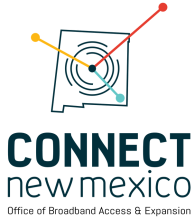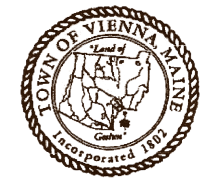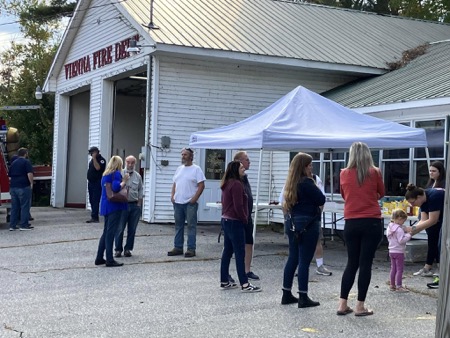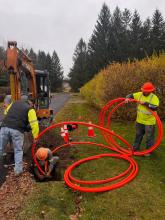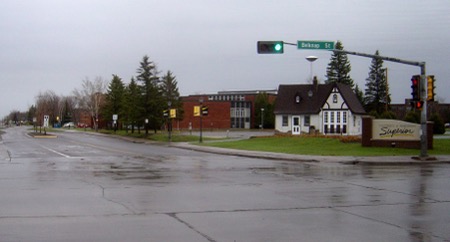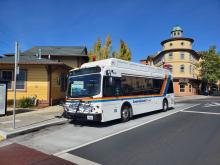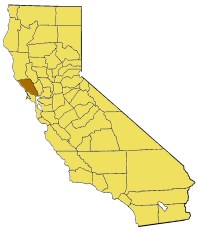When Starlink Rewrites the Rules of Broadband Funding - Episode 675 of the Community Broadband Bits Podcast

In this episode of the podcast, Chris is joined by Doug Adams, head of Broadband Marketers and writer at Broadband.io, and Karl Bode for a wide-ranging discussion on recent developments reshaping federal broadband policy.
The conversation centers on Starlink’s latest efforts to reshape BEAD program requirements through confidential riders sent to state broadband offices—requests that would dramatically reduce accountability, alter performance standards, and deliver large sums of public funding upfront.
Doug breaks down what states are being asked to accept, why NTIA has reportedly warned states not to sign on, and how these demands differ from the obligations placed on fiber and fixed wireless providers.
Chris and Karl place the moment in historical context, comparing it to past telecom subsidy failures and raising concerns about affordability, capacity limits, consumer protections, and long-term resilience.
The discussion also touches on broader themes: the erosion of federal oversight, the future of municipal broadband, how ARPA funds are still quietly delivering results in states like New York, and why community-driven fiber networks may once again become the fallback as federal promises falter.
The episode closes with reflections on accountability, public trust, and the real-world impacts of policy decisions on rural communities.
This show is 50 minutes long and can be played on this page or via Apple Podcasts or the tool of your choice using this feed.
You can also check out the video version via YouTube.
Transcript below.
We want your feedback and suggestions for the show-please e-mail us or leave a comment below.
Listen to other episodes or view all episodes in our index. See other podcasts from the Institute for Local Self-Reliance.
Thanks to Arne Huseby for the music. The song is Warm Duck Shuffle and is licensed under a Creative Commons Attribution (3.0) license


